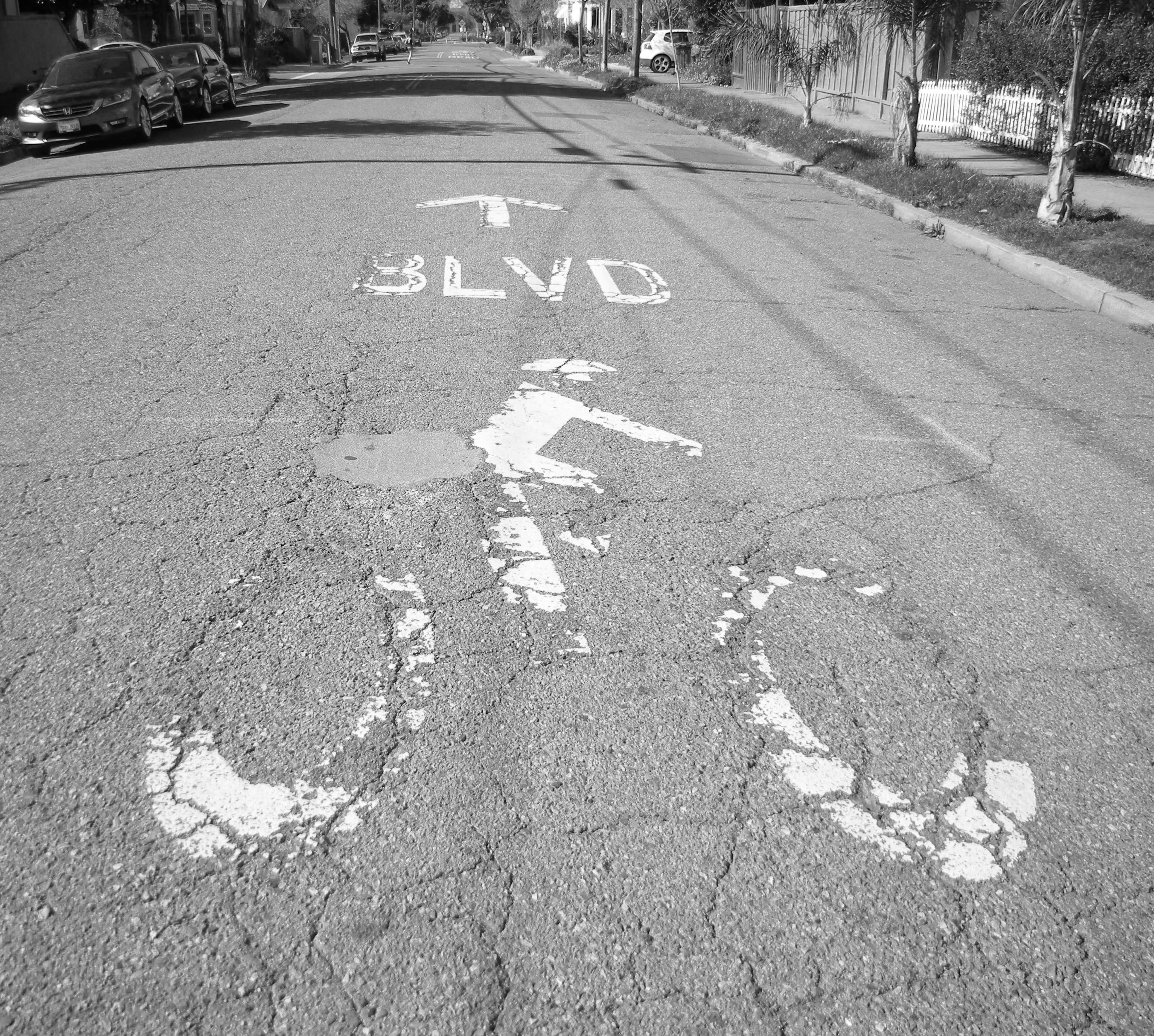On Sunday, February 11 the Chicago Tribune published1 a preliminary overview of the Trump administration's proposed infrastructure bill. While the proposal will no doubt change, the general direction is clear:
the federal government will grant roughly 13% of project costs, on average
cities, counties, and states will be encouraged to borrow money for their share
states and localities must lower regulatory requirements, especially the need for multi-agency reviews
financing via public-private partnerships will be encouraged
At first glance this is run of the mill neoliberalism - emphasizing the private sector's role in the provision of government services.
Something more is going on, though, with the effort to cause states and localities to add to their debts.
I think it is something akin to a leveraged buyout.
I'm calling it a leveraged buyout because in the longer run, this infrastructure plan will help to force localities into -- or at least nearer -- bankruptcy and liquidation. Let's consider the case of Berkeley:
Because of pension fund shenanigans2 and a certain amount of bad governance in past decades, Berkeley is today in a position of forced austerity policies and really spectacular infrastructure failures.
Berkeley's revenues would be adequate if the City were physically and fiscally in better shape -- but it isn't. Berkeley still has a pretty good credit rating (Moody's Aa2 and our bonds are top tier.) But we have - in 21st century Berkeley CA - many miles of failed roads, failed buildings, failed sewer system, failing containment of the toxic waste dump, on and on and on.
Since the Berkeley electorate is mostly not radical, future elections will likely be dominated by pothole politics. Whichever politicians can spin the best story about accessing federal infrastructure funds -- for which we'll need big chunks of cash for our share -- those politicians will win.
Those pothole politicians will have to have the City borrow heavily and give concessions to public-private partnerships.
Every step down this path, the City government's degrees of freedom will shrink, our debt load will explode, and it won't take much to put us in jeopardy of receivership -- at which point we'll have to enter into even more of a fire sale than we tend to have already.
This is how austerity politics hollows out governments. Debts become self-enlarging and paralyzing. The last remaining function of the City becomes extraction from the people and little more. If it can happen in Athens, it can happen -- and it is happening -- in the "Athens of the West".
I believe -- on the basis of anecdotes, to be sure -- that the situation here in Berkeley is not unusual. This debt loading is an "offer locals can't refuse" in many Cities, not just Berkeley. The national infrastructure plan sets up future local government liquidations.
The liquidations can be dramatic and overt (e.g., the City literally handed over to a trustee) or -- more likely -- it'll be negotiated give-aways of land, or changes to the General Plan, or whatever. Some capitals or other will step in to "rescue" the city -- in the last smaller example, it was Bayer.
It's grim - but we may still have choices that can help.
For one thing, as residents, we ought to recognize that with or without a federal infrastructure bill, parts of Berkeley's infrastructure will certainly get worse before they get better -- and it will be like that for the foreseeable future. Given that: pothole politics is a game for suckers. We need to be more thoughtful and forward looking about City governance.
For another: Have you considered renting a portable asphalt melter and some tamps for your next block party? Kids love 'em!3
"Trump to unveil $1.5 trillion infrastructure plan", John Wagner and Heather Long; Chicago Tribune; February 11, 2018.
See http://www.chicagotribune.com/news/nationworld/politics/ct-trump-infrastructure-plan-20180211-story.html.↩
The blog Naked Capitalism has done great work helping to expose some of how CalPERS has been mismanaged, for example.
For safety reasons, children should not operate portable asphalt melters. Follow manufacturer safety instructions and all applicable law. Don't try this at home. Your mileage may vary. Contents may have settled during shipping. Kids, as a rule, do not love making overdue street repairs.↩
